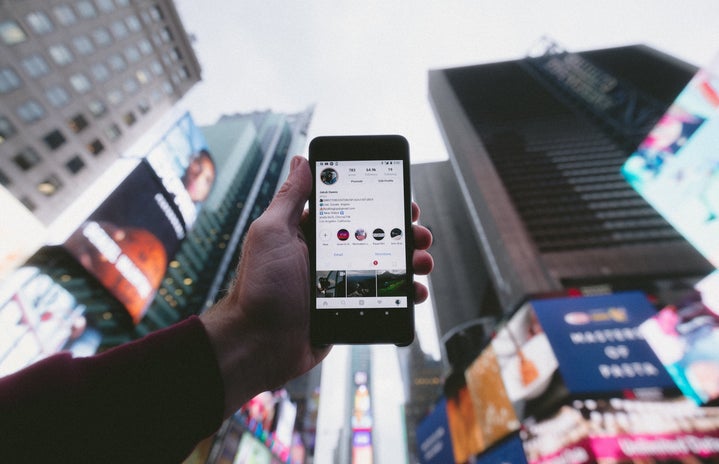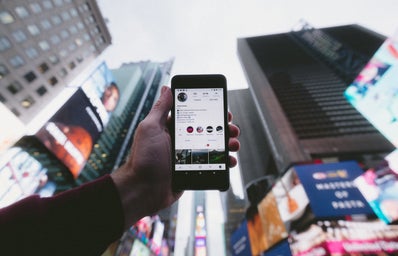Yesterday, Amber Madison wrote an article for The Atlantic discussing how health organizations are being censored by websites that we use most (like Facebook, Twitter and Pinterest, to name a few), which often deem messages about safe sex to be “inappropriate content.”
After Bedsider, an organization that promotes that safer sex is better sex, was censored by Twitter for tweeting, “If you think condoms aren’t for you, you just haven’t found the right one yet. See how good safer sex can feel.” Twitter’s ad policy says that it’s fine to talk about safe sex, just not in a sexual way. Confusing, right? Lawrence Swiader, Bedsider’s director, thought so, too.
“We need to be able to talk about sex in a real way: that it’s fun, funny, sexy, awkward… All the things that the entertainment industry gets so well,” Swiader says. “How can we possibly compete with all the not-so-healthy messages about sex if we have to speak like doctors and show stale pictures of people who look like they’re shopping for car insurance?”
Co-director of the National Coalition for Sexual Health Susan Gilbert added, “If we really want to improve sexual health in this country, we must give Americans access to accurate and engaging information that can help them protect their bodies, build good relationships, and access key health services.”
Amber agreed, and she decided that it was time for a little less talk and a lot more action. She created a petition on Change.org called “Stop Censoring Sexual Health Information” and is asking 1,500 people to sign it in support of asking Facebook, Twitter, Pinterest, YouTube, Yahoo and Google to “engage in a dialogue with sexual health organizations and change the restrictive policies that prevent the promotion of effective sexual health messages.”
Swiader says that the sexual health organizations will even come to the offices of these top websites to start the discussion. “We’re happy to bring some sexual health experts to Silicon Valley to hash this out together. We provide content your users want and need to be informed and healthy—and it’s bad business, and poor citizenship, to restrict them from it.”
If you’re on board with fun, funny, sexy, awkward, informative, and engaging information about sexual health, sign Amber’s petition so that the websites you use can’t keep it from you.

